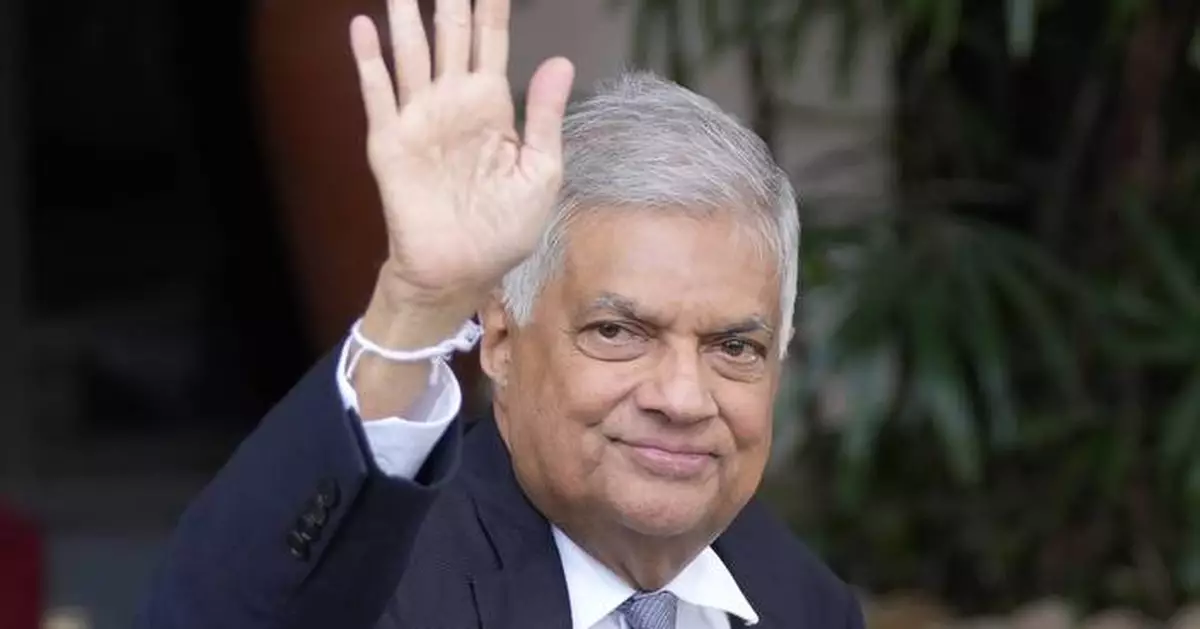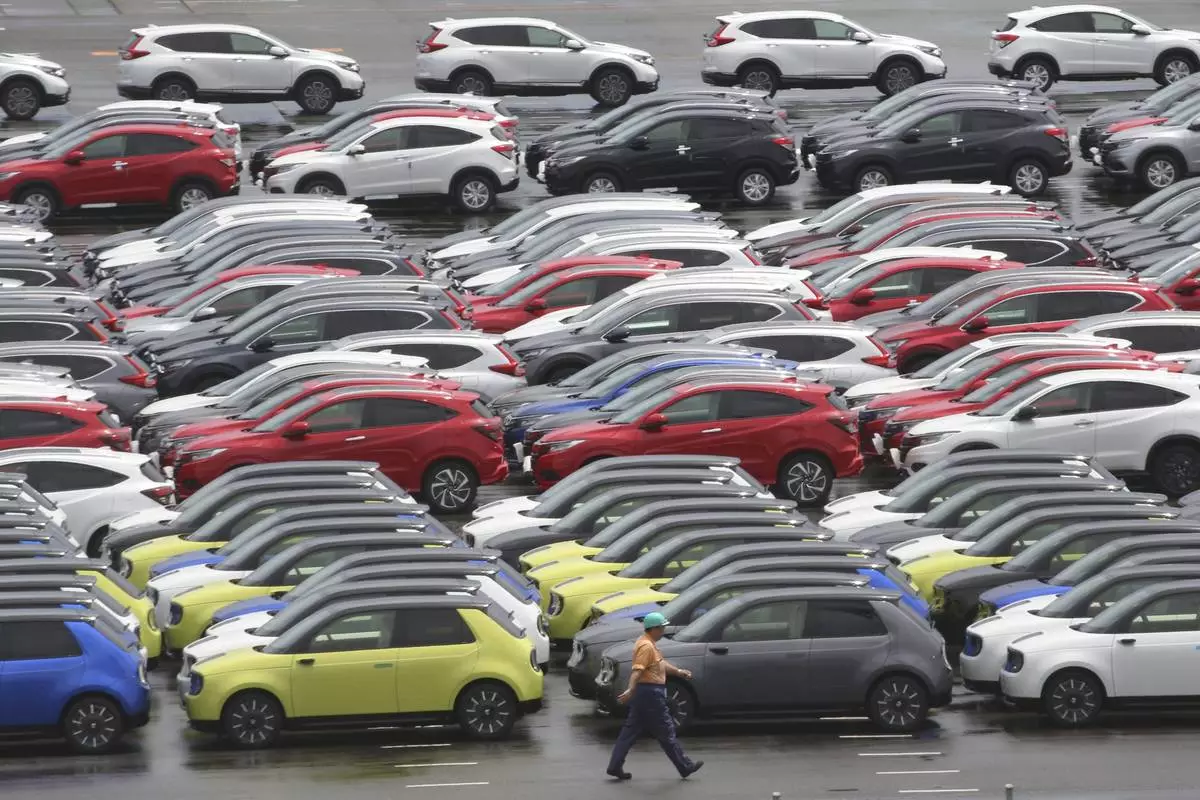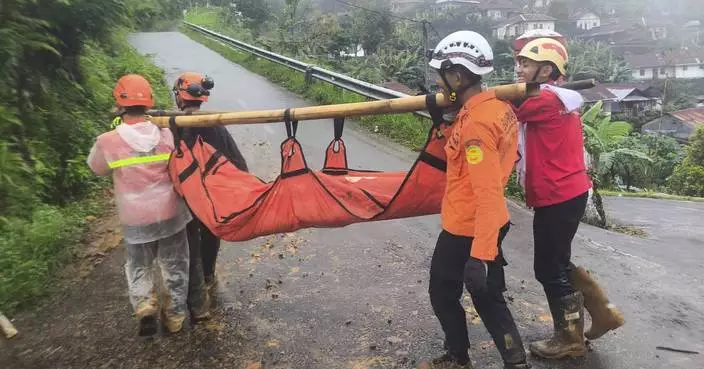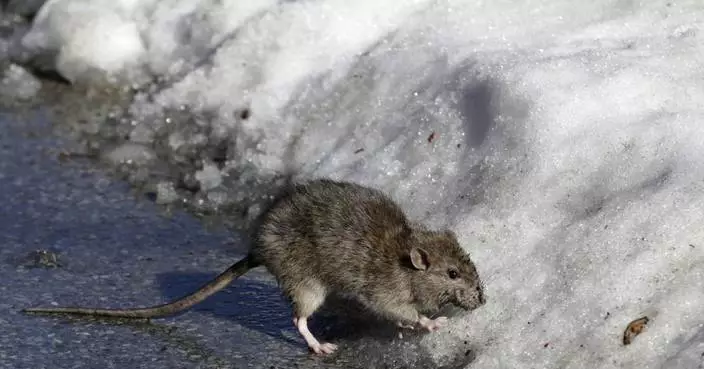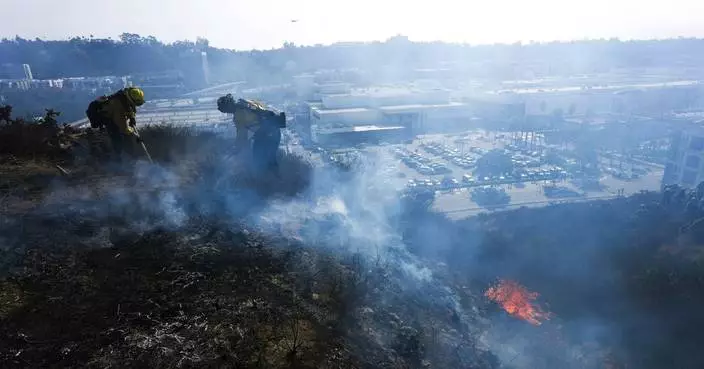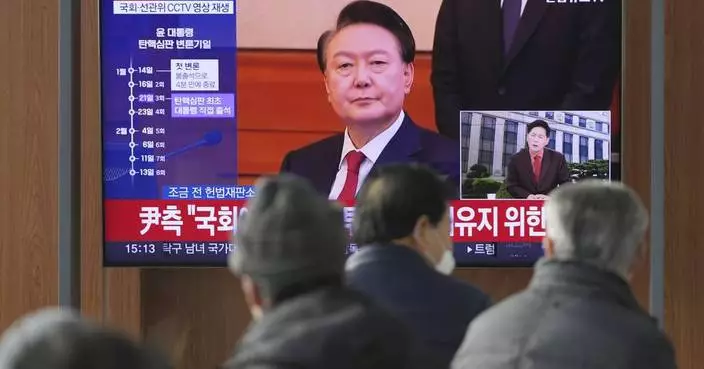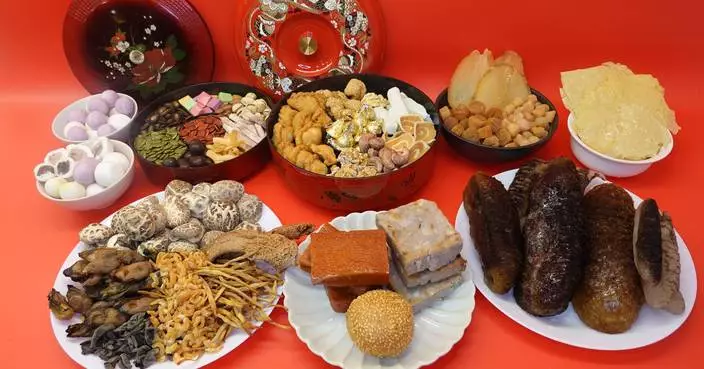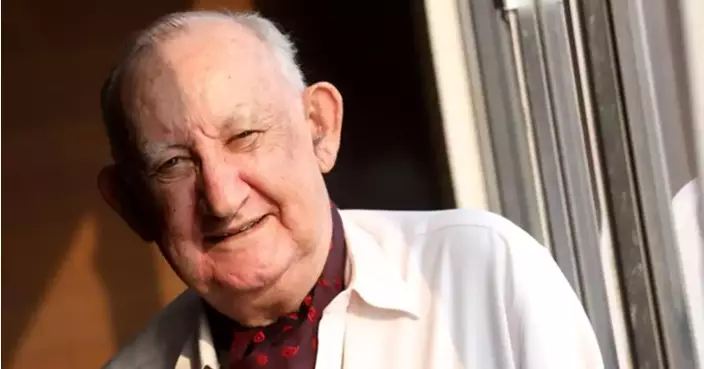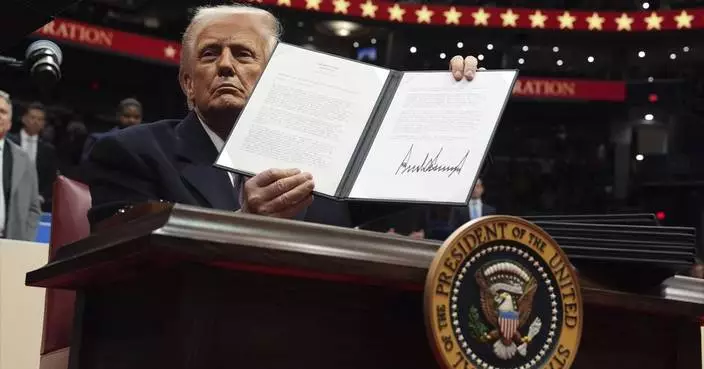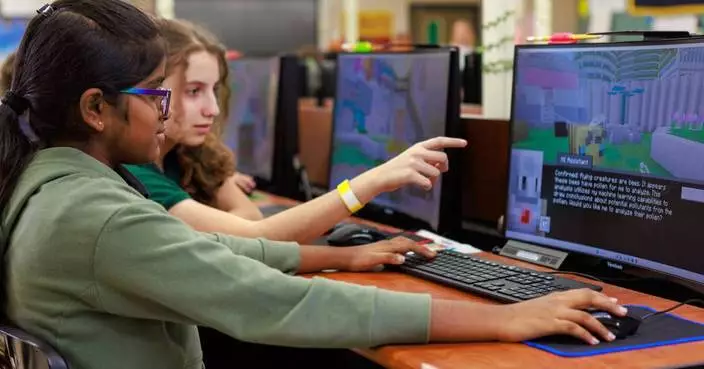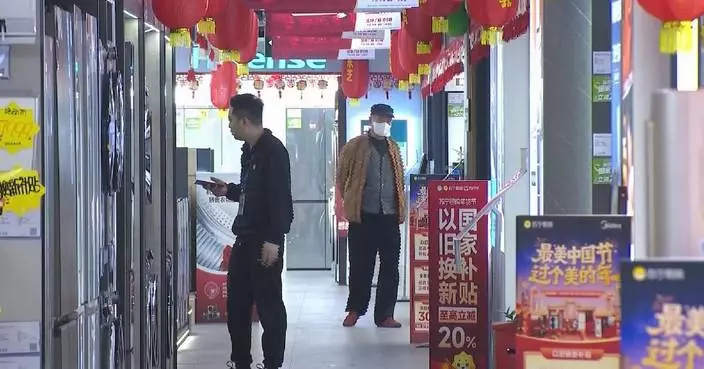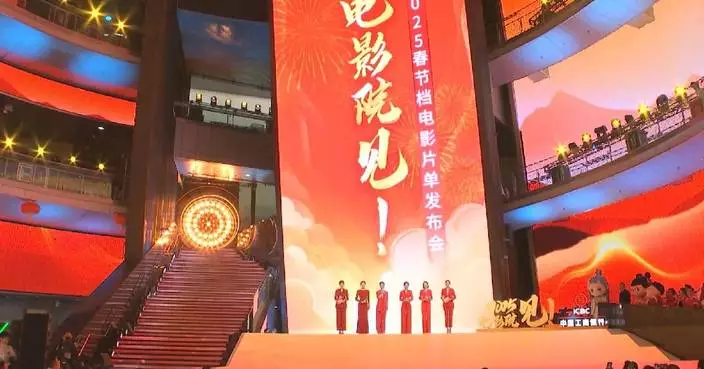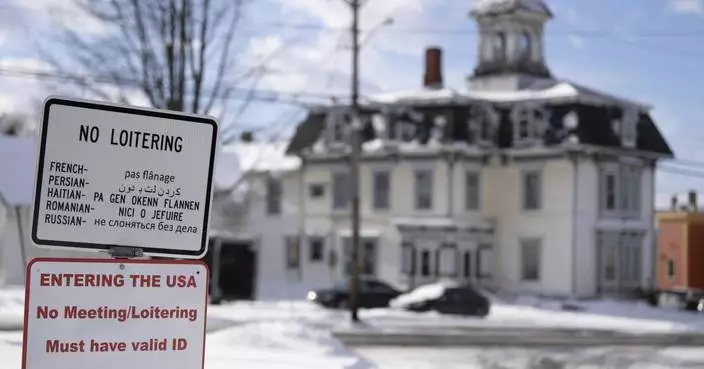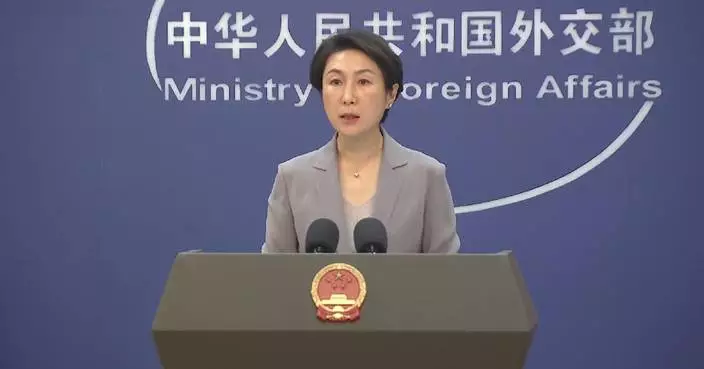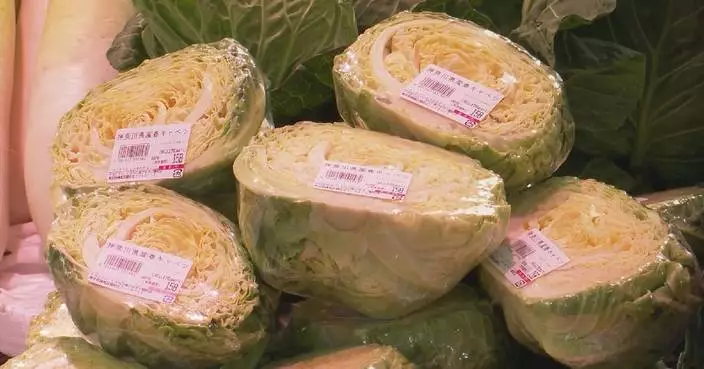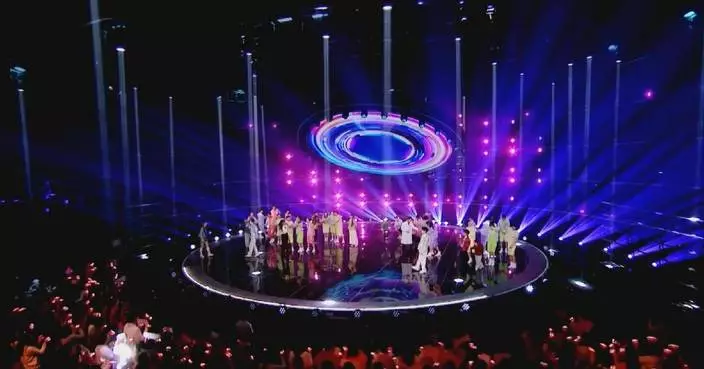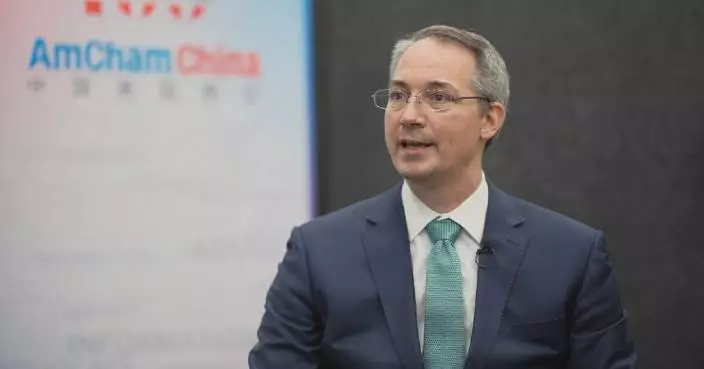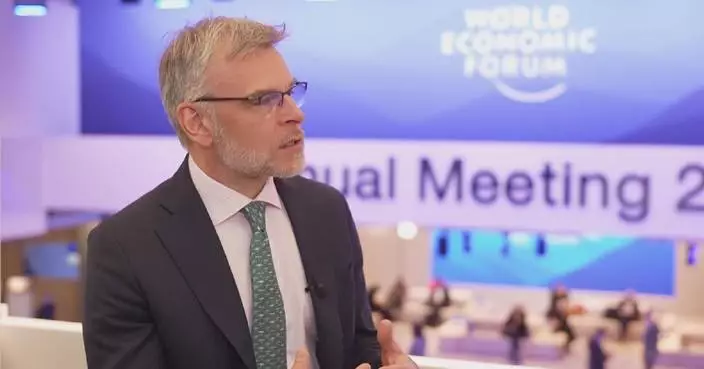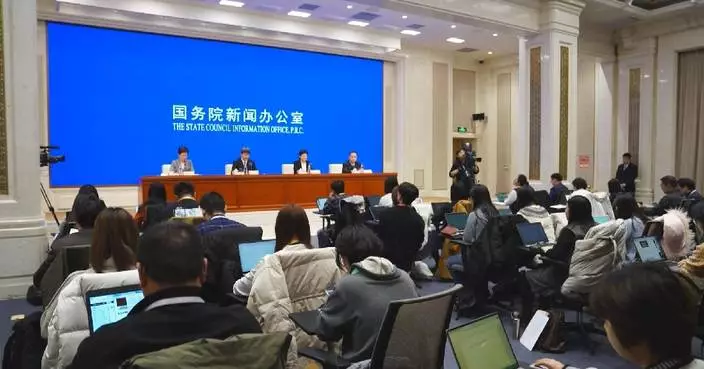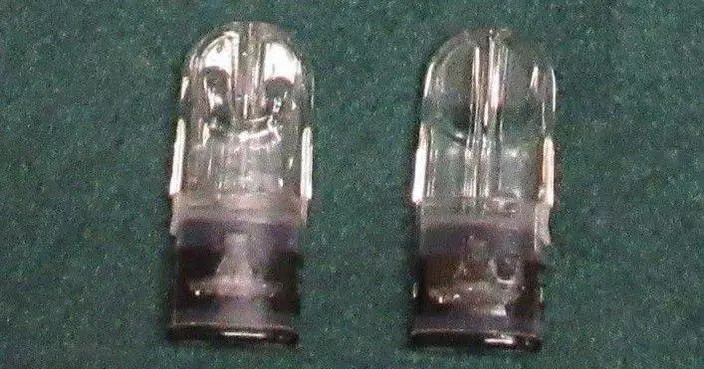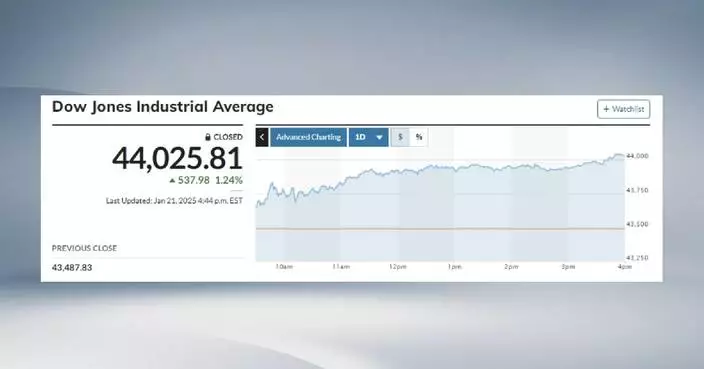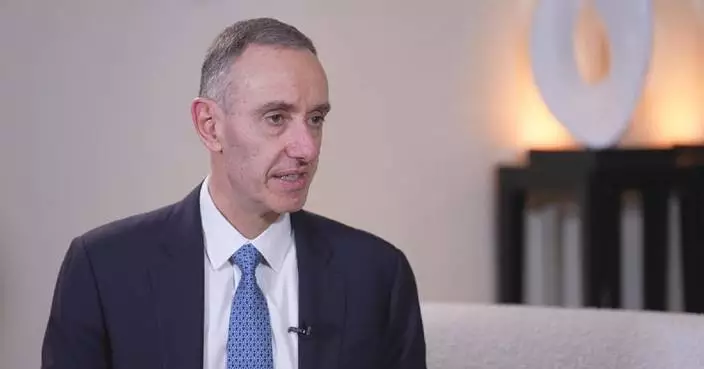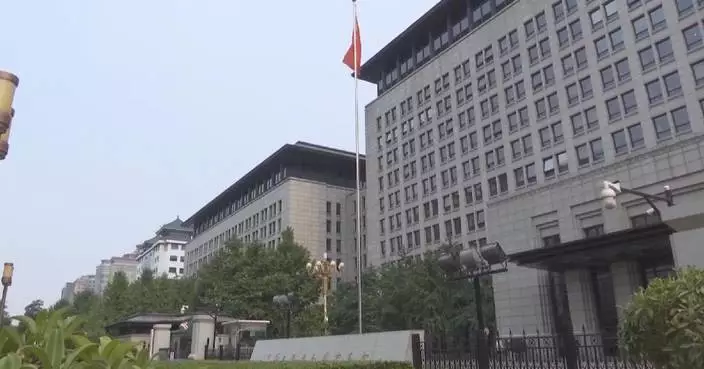COLOMBO, Sri Lanka (AP) — Sri Lanka’s elections commission on Thursday accepted applications from a record 39 candidates to run in next month’s presidential election, which will decide the course of the country's financial reforms to survive an unprecedented economic crisis.
The commission received 39 applications and all were accepted, its head, R.M.A.L. Rathnayake, announced. More than 17 million people are eligible to vote in the Sept. 21 election.
Thirty-five candidates contested the last presidential election in 2019.
The vote is seen as a referendum on difficult economic reforms initiated by current President Ranil Wickremesinghe. The reforms have improved key economic figures, but their effects have yet to reach many ordinary people.
Sri Lanka is in the middle of a critical debt restructuring and financial reform program under a bailout program by the International Monetary Fund.
Unsustainable debt, a severe balance of payments crisis, the lingering effects of the COVID-19 pandemic, and the government’s insistence on spending scarce foreign reserves to prop up the country's currency, the rupee, led to a severe shortage of foreign currency and essentials such as fuel, medicine, cooking gas and food in 2022.
The economic crisis and resultant shortages of essentials sparked riots, forcing then-President Gotabaya Rajapaksa to flee the country and later resign. Parliament elected Wickremesinghe as president to cover Rajapaksa’s remaining time.
Wickremesinghe is contesting the election and is seeking approval for his economic agenda, promising rapid growth with an ambitious target of making Sri Lanka a developed nation by the centenary of its independence in 2048.
Inflation has dropped to around 5% from 70% two years ago under his administration. Interest rates have also come down, the rupee has rebounded, and foreign currency reserves have increased. Creditor countries such as India, Japan and France have agreed to defer debt repayments until 2028, giving the island nation space to rebuild its economy.
The government is still negotiating with private creditors.
But professionals and businesses complain of higher taxes, and all people are affected by the high cost of living. Some critics accuse Wickremesinghe of protecting allegedly corrupt members of the previous administration in return for their support for his reforms in Parliament.
Wickremesinghe said that in the last two years, he took measures to stabilise the economy and as a result, “now there are no queues for fuel , food and medicine. People have money in their hands. But we need to move forward in further stabilising the economy. We just started the work and we can't stop. Vote for me to move forward,” he told supporters after handing over his nomination.
Wickremesinghe’s main rivals include opposition leader Sajith Premadasa and Anura Dissanayake, the leader of a leftist political party that has gained popularity among people who blame traditional parties for the economic debacle.
He unsuccessfully contested presidential elections in 1999 and 2005, while Premadasa and Dissanayake lost the 2019 presidential election.
Another prominent candidate is Namal Rajapaksa, son of former President Mahinda Rajapaksa and the nephew of ousted President Gotabaya Rajapaksa.
His candidacy will indicate how much support the former powerful Rajapaksa dynasty retains after its fall from grace with the economic crisis.
The Rajapaksa family has been prominent in Sri Lankan politics since the country became a democracy after gaining independence from Britain in 1948. Mahinda Rajapaksa's leadership in ending a 26-year civil war during his 2005-2015 presidency took his family to the peak of its popularity.
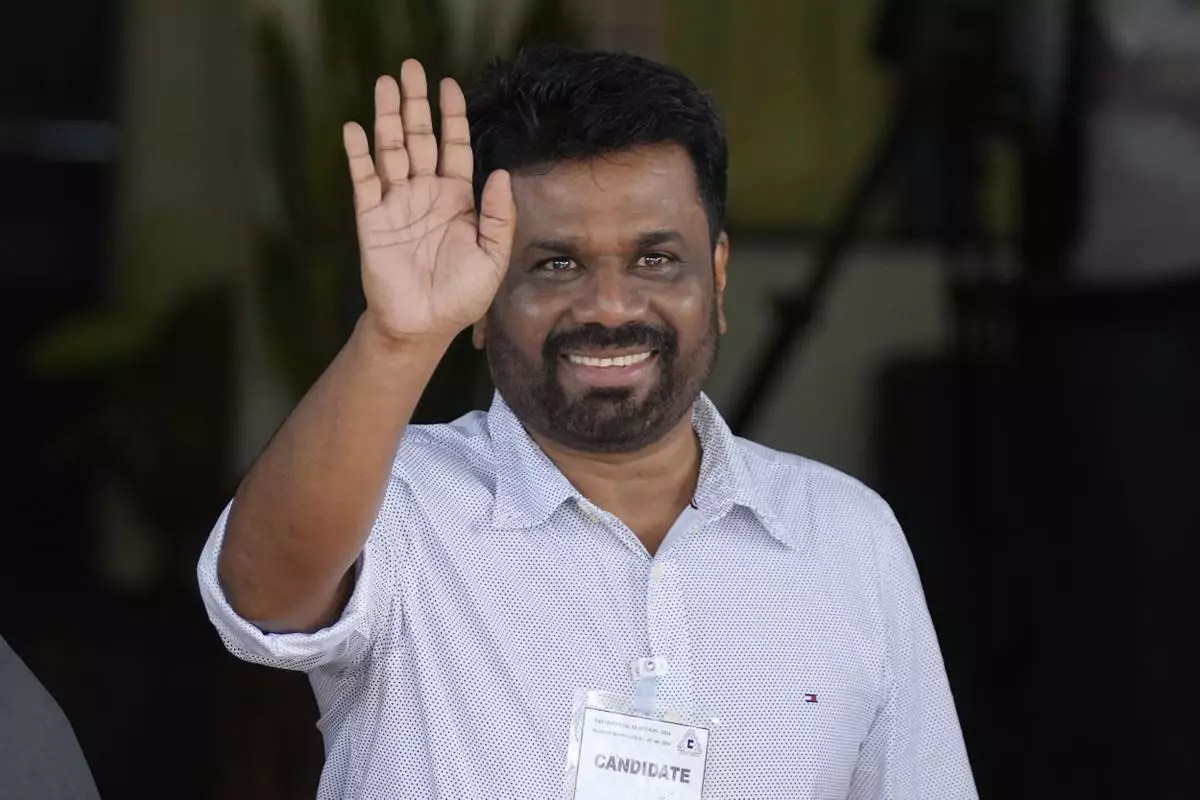
Anura Kumara Dissanayake, leader of opposition political party National People's Power waves to media as he arrives to file nomination for the upcoming presidential election in Colombo, Sri Lanka, Thursday, Aug. 15, 2024. (AP Photo/Eranga Jayawardena)
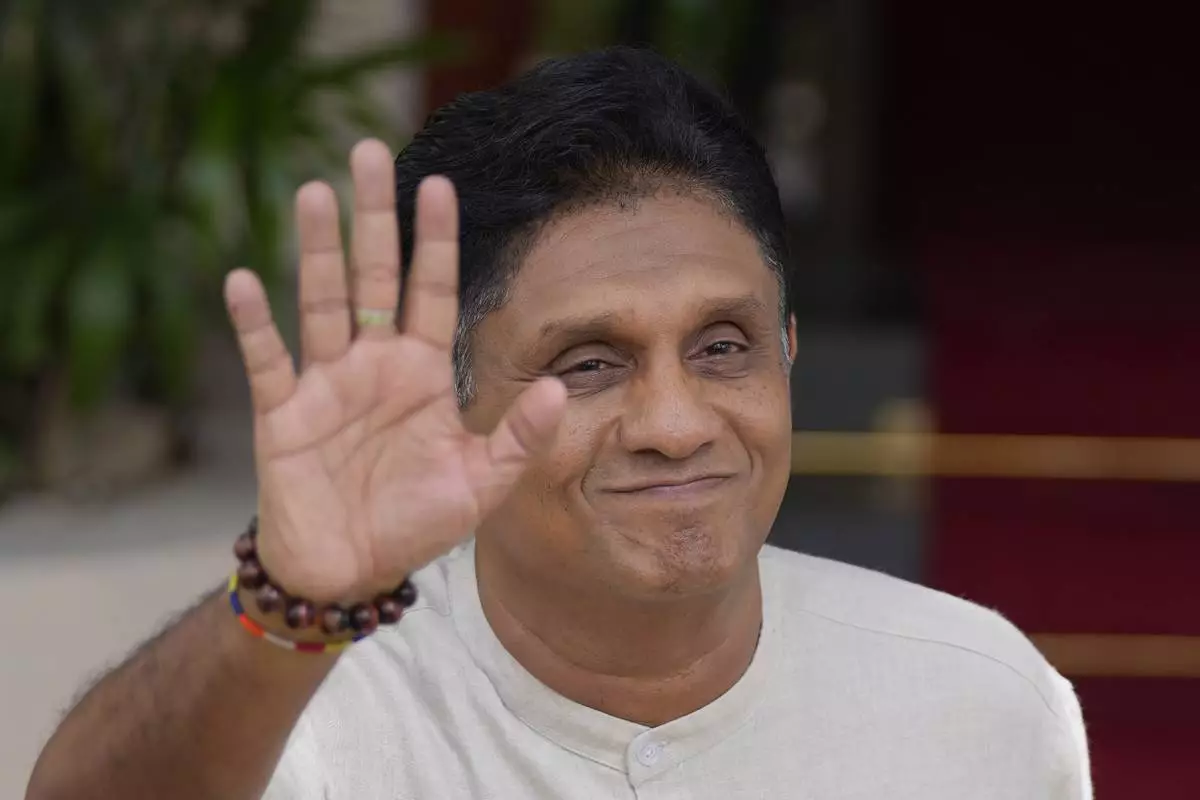
Sri Lanka's opposition leader Sajith Premadasa waves to media as he arrives to file nomination for the upcoming presidential election in Colombo, Sri Lanka, Thursday, Aug. 15, 2024. (AP Photo/Eranga Jayawardena)
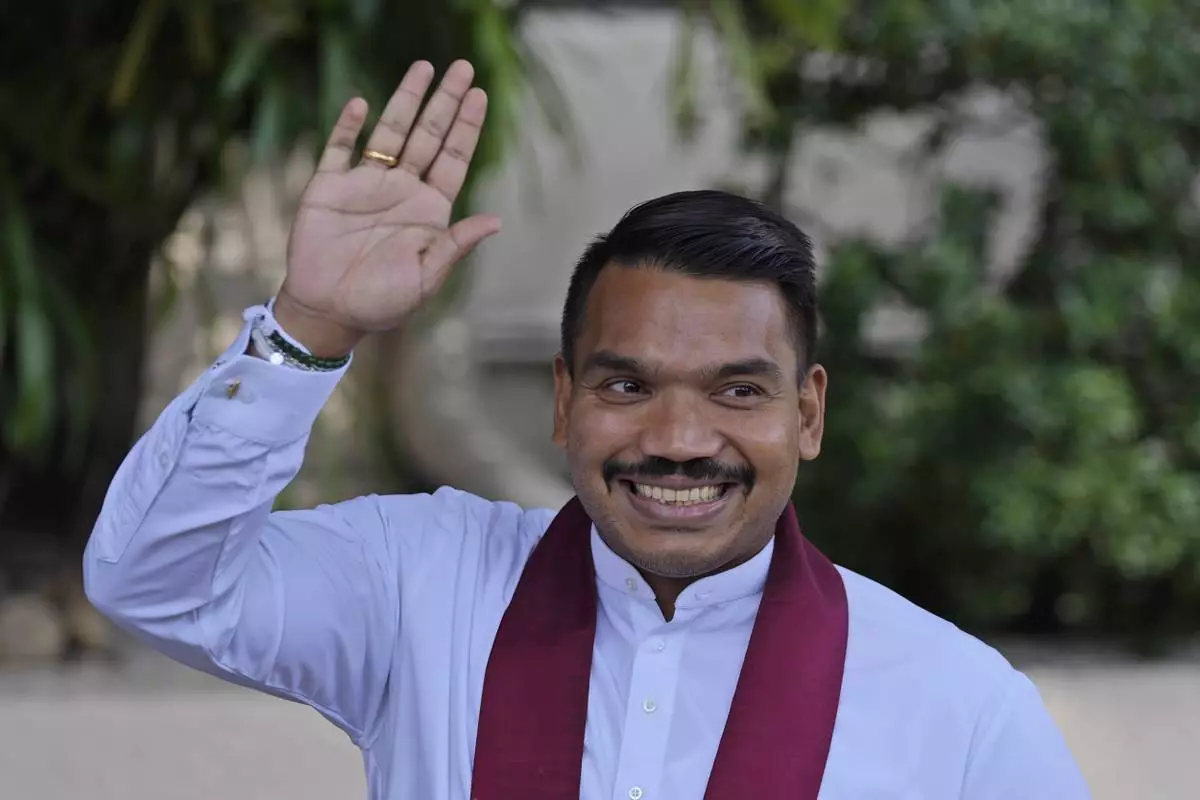
Namal Rajapaksa, son of former President Mahinda Rajapaksa waves to media as he arrives to file nomination for the upcoming presidential election in Colombo, Sri Lanka, Thursday, Aug. 15, 2024. (AP Photo/Eranga Jayawardena)
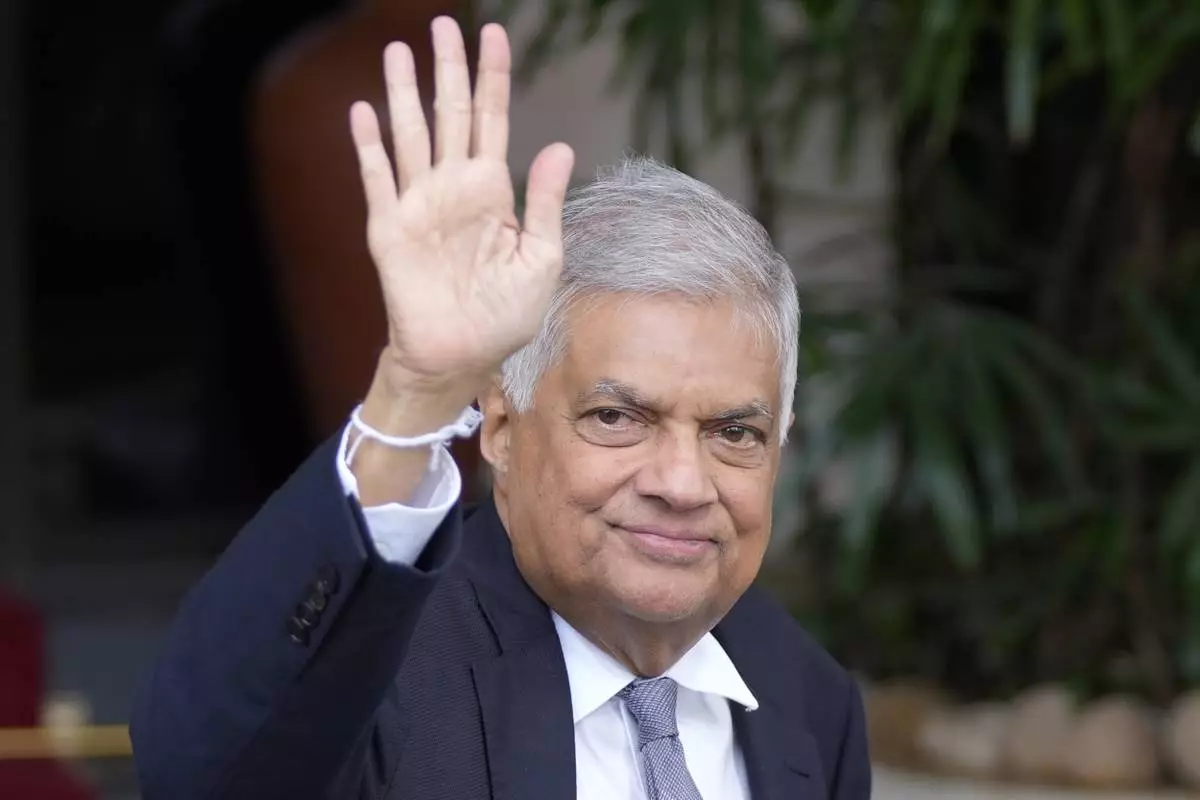
Sri Lanka's President Ranil Wickremesinghe waves to media as he arrives to file nomination for the upcoming presidential election in Colombo, Sri Lanka, Thursday, Aug. 15, 2024. (AP Photo/Eranga Jayawardena)


